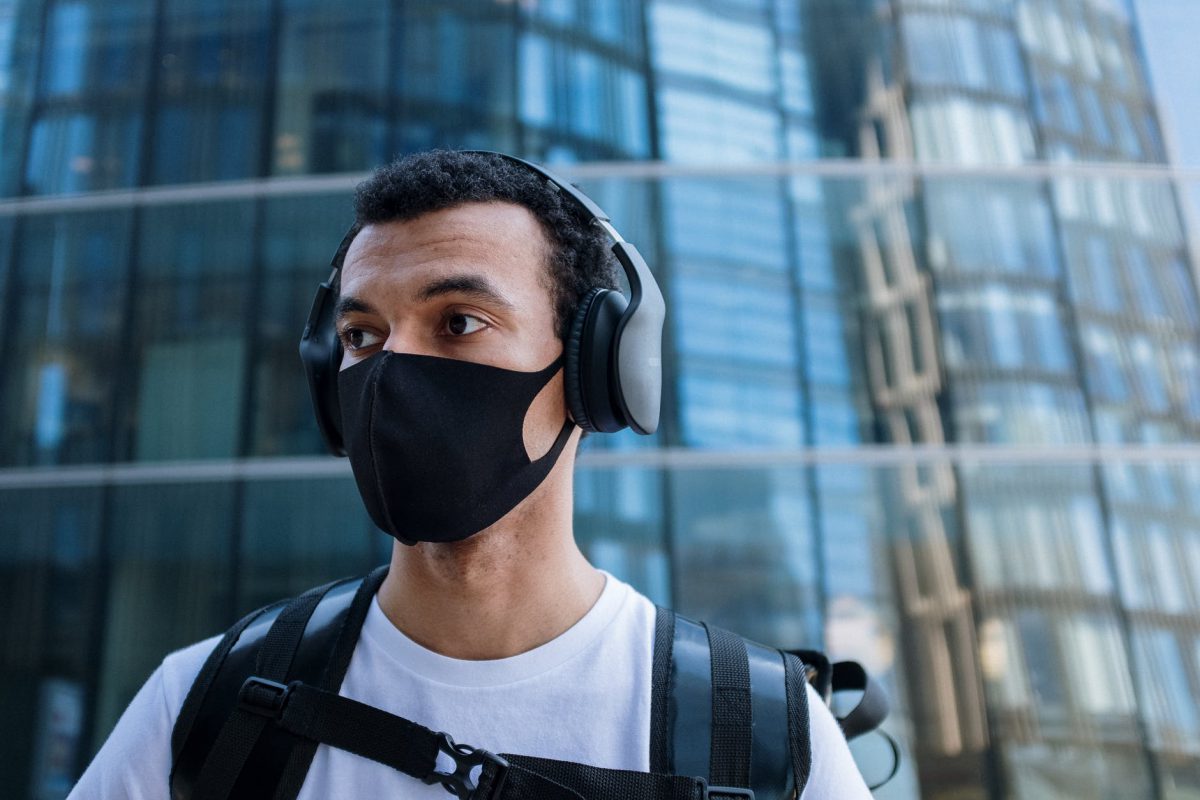It’s safe to say at this point that 2020 hasn’t quite gone to plan. Entire ways of life have been upended, businesses have been forced to close, and virtually no one has escaped unscathed. Nearly half a million people have lost their lives, and tens of millions have lost their livelihoods. Now talk has turned to ‘reopening’, in all its many guises. States that failed to effectively mitigate community spread in the first place are now dealing with the consequences of their actions in the form of spiking cases. Even many regions that did shut down are now seeing rising infection rates. Yet many businesses are plowing full-force towards ‘reopening’ and getting back to ‘normal’. This contradiction has placed HR departments in a precarious position.
Over the course of this crisis, HR has been saddled with an array of challenging and oftentimes contradictory directives. This remains the case now, as they are tasked with designing plans to simultaneously deny social distancing recommendations by bringing workers back to the office while still somehow preventing infection within the ranks. We now have a decent sense of the steps we can take to limit spread, however the risk is still very real, as is the obligation to respect individual employees’ circumstances and needs.
In the context of these facts, it becomes readily apparent that resuming ‘business as usual’ is not an option. The question we now have to confront is: was ‘business as usual’ ever serving us well in the first place? There’s a strong argument to be made in the negative. ADP announced in mid-2019 that only 16% of employees were fully engaged. Around the same time, a CNBC poll noted that a full third of U.S. workers seriously considered quitting their jobs during the preceding three months. If the ‘normal’ we’re all dying (quite literally in some cases) to return to was so great, then why were employees so unhappy?
For better or worse, the physical aspects of ‘normal’, such as clustered seating, mask-free meetings, etc., will not be returning for some time. Perhaps then, as we sort through what our workplaces will look like during the next stage of the pre-vaccine world, we should take some time to consider the facets of work that could stay the same but really shouldn’t. A number of employers took the pandemic as an opportunity to step up for their employees in a way they hadn’t previously, opting to pay hourly workers even if they couldn’t be on-site, providing ample flexibility to support working parents, and more. Can we carry this mentality of actually respecting employees as humans with wants and needs through into what must be the ‘new normal’, rather than resuming the status quo of unhappy, disengaged employees laboring for uncaring organizations?
We like to think the answer is yes, but it will take some work. While some companies have revolutionized their relationship with employees for the better in recent months, others have caused theirs to further deteriorate. In those cases, the trauma and fear will be all the more intense as employees return to potentially unsafe working conditions for companies that have demonstrated undeniably that they do not care about them or their well-being. These organizations will inevitably see the damaging results of this across productivity, engagement, and retention, but for their peers who made the effort, this moment holds a golden opportunity to make real strides towards building a happier, more engaged workforce.
Two key skills HR can help leaders and managers to cultivate during this difficult time as we move towards reopening are empathy and respect: empathy to understand employees’ unique situations and needs, and respect to be willing to support them through it. We do not yet know the full extent of how the mental and emotional trauma of the pandemic and ensuing lockdowns will manifest for employees and their families, so we must remain agile and responsive to their needs. Whether that comes in the form of a flexible return to the office strategy that allows employees to determine when they’re comfortable/able to come back; training around empathy, mental health, and resilience to help employees bounce back and stay well; and/or adapting your benefits package to the new circumstances, it will go a long way towards helping your company, and your individual employees, come out on top.
We know that People teams are juggling more than ever right now, between the pandemic, racial injustice, and shifting business priorities amidst economic uncertainty, not the least of which includes reopening. You don’t have to go it alone. If it would help to have a partner in the effort to develop support systems within your employee population, as well as offering training around the critical issues of today, we hope you’ll reach out. We’re always available at hello@workrowd.com and look forward to helping you build a stronger, more employee-centric ‘normal’ that drives business results.


